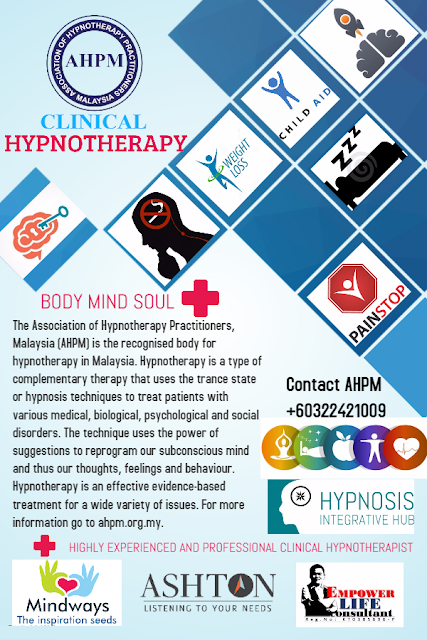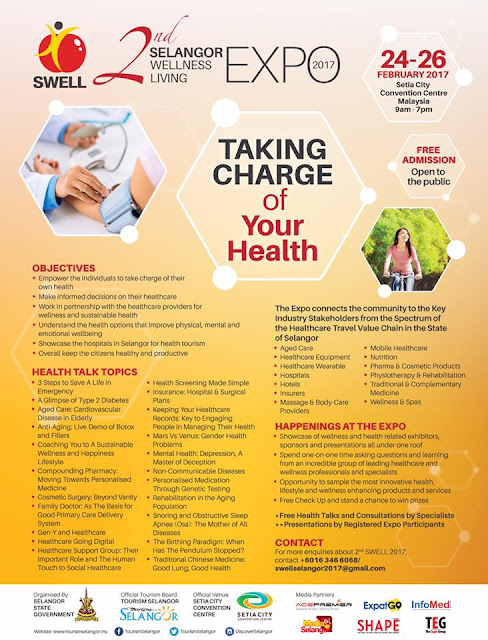Hypnotherapy is more effective than nicotine replacement therapy for smoking cessation: Results of a randomized controlled trial
Background
The efficacy of pharmacotherapy for smoking cessation is well documented. However, due to relapse rates and side effects, hypnotherapy is gaining attention as an alternative treatment option. The aim of this one-center randomized study was to compare the efficacy of hypnotherapy alone, as well as hypnotherapy with nicotine replacement therapy (NRT), to conventional NRT in patients hospitalized with a cardiac or pulmonary illness.
Results
Hypnotherapy patients were more likely than NRT patients to be nonsmokers at 12 weeks (43.9% vs. 28.2%; p = 0.14) and 26 weeks after hospitalization (36.6% vs. 18.0%; p = 0.06). Smoking abstinence rates in the HNRT group were similar to the H group. There was no difference in smoking abstinence rates at 26 weeks between “self quit” and participants in any of the treatment groups. In multivariable regression analysis adjusting for diagnosis and demographic characteristics, H and HNRT were over three times more likely than NRT participants to abstain at 26-weeks post-discharge (RR = 3.6; p = 0.03 and RR = 3.2; p = 0.04, respectively).
Conclusion
Hypnotherapy is more effective than NRT in improving smoking abstinence in patients hospitalized for a smoking-related illness, and could be an asset to post-discharge smoking cessation programs.
Research study source:http://www.sciencedirect.com/science/article/pii/S0965229913002100
Health deleted==, deleted==


 Jan 16 2017, 10:58 AM
Jan 16 2017, 10:58 AM
 Quote
Quote





 0.0252sec
0.0252sec
 0.73
0.73
 5 queries
5 queries
 GZIP Disabled
GZIP Disabled